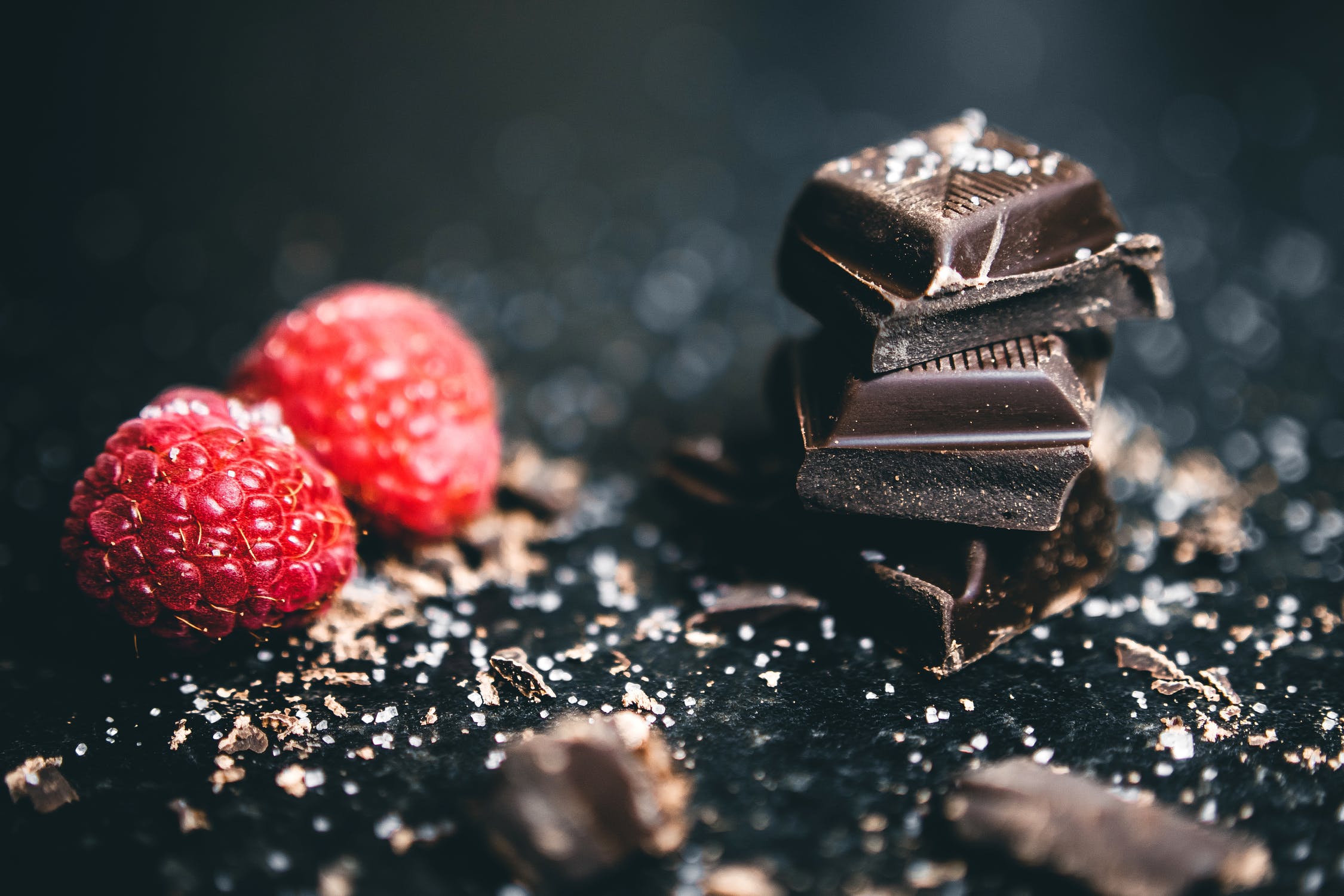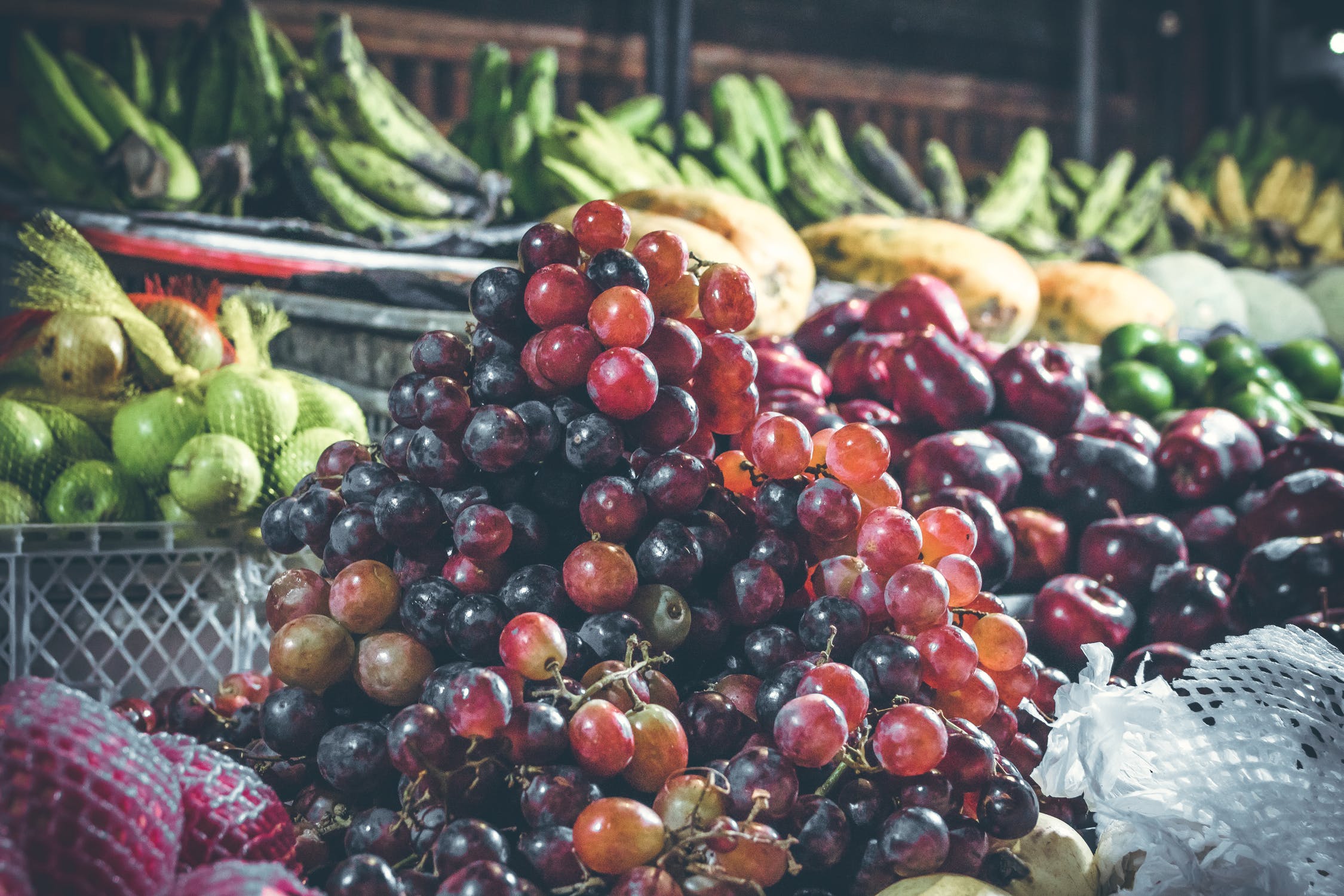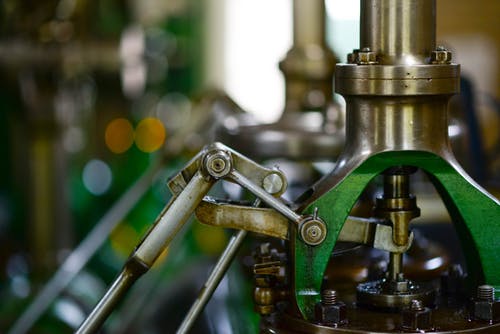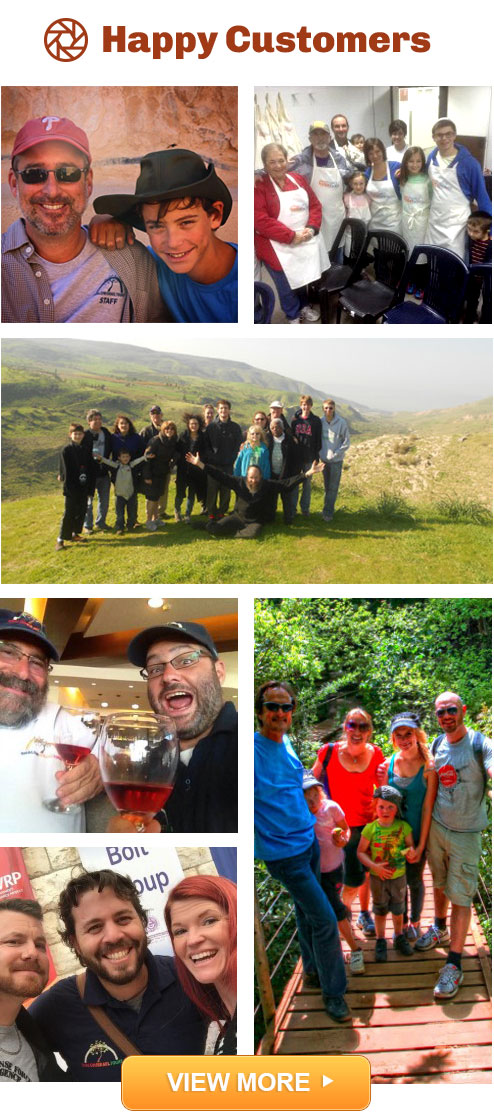5 Fun Factory Tours to Enjoy When Visiting Israel
December 20th 2018
When we think of factories, we usually imagine dull production lines closed off to the public and places not normally associated with tourism. And in most cases, this is true. However, in Israel, there are several fun factory tours accessible to visitors. These tours provide fascinating insights into the production and packaging of often internationally renowned products from the local region.
For Israel, these products include Dead Sea cosmetics, luxury handmade chocolates, exquisite wines, and mouthwatering fruits, among other delicacies. After the tours, you’ll get the chance to sample and purchase the goods fresh from the production lines.
The following are 5 fun factory tours to enjoy when next you visit Israel:
De Karina Chocolate Factory Tour
In love with chocolate? If so, the De Karina Chocolate Factory Tour is an ideal activity to add to your Israel vacation itinerary. Located in Ein Zivan in the Golan Heights, the chocolate factory provides visitors with a wonderful insight into luxury chocolate making. De Karina is widely considered to be one of the best gourmet chocolatiers in all of Israel and their products are sold throughout the country.
During the tour you’ll learn more about the history of chocolate, watch expert chocolatiers in action, and get to sample the different chocolates made at the factory.
Ahava Dead Sea Cosmetics Factory
The healing properties of the Dead Sea have long been known. The high salt and sulphur content of the water and mud is excellent for soothing psoriasis, rheumatic joints, sore muscles, and numerous skin conditions. And this is why Dead Sea products are so popular worldwide. The Ahava Dead Sea Cosmetics Factory tour takes you behind the scenes of a world-renowned cosmetics company.
Located on the shores of the Dead Sea, a few kilometers north of Ein Gedi, the factory tour guides you through the skin product production process from manufacturing to filling and processing. After the tour, you can purchase Ahava products including anti-aging creams, facial cleansers, and body creams.
Golan Heights Winery Tour
The Golan Heights is Israel’s wine country. The beautiful rolling hills are ideal for vineyards and among the best of these are those run by the world-renowned Golan Heights Winery. They produce wines under well-known labels including Golan and Yarden, and their bottles are sold to more than 25 different countries.
The owners of the Golan Heights Winery have put together a selection of wonderful tours of their facilities. You’ll get to learn about the wine making process, visit the oak barrel cellars, and enjoy a delicious wine tasting session, as well as tours through the beautiful sun-soaked vineyards.
Beresheet Fruit Packing House
Apples, peaches, grapes, raspberries, blackberries, and figs, plus more, are all the fruits available to pick at Israel’s largest fruit packing house. Located near kibbutz Merom Golan in the Golan Heights, the Beresheet Fruit Packing House tour provides visitors with deeper insight into Israel’s agricultural industry.
Situated among beautiful green orchards, the packing house is where nearly a third of the entire nation’s fruit is picked, sorted, cleaned, and packaged. Much of the fruit is also exported worldwide. You’ll get to see the entire process as well as pick and sample some of the delicious fruit and related fruity drinks including apple cider.
Ayalon Institute Bullet Factory
While not a working factory anymore, the Ayalon Institute Bullet Factory is one of the most important factories in Israel’s history. The secret ammunition factory, a little north of Rehovot, was built underground during the British Mandate period and produced bullets for the Zionist resistance groups. In two years, between 1946 and 1948, it produced over two-million 9mm bullets.
The factory was hidden underneath a speedily-built kibbutz which kept the factory from being discovered. Only a few of the residents knew about what was taking place below their feet. Today, the site is a museum and you can explore how the bullets were made, how they were moved about the country, and how the British were kept in the dark.
















